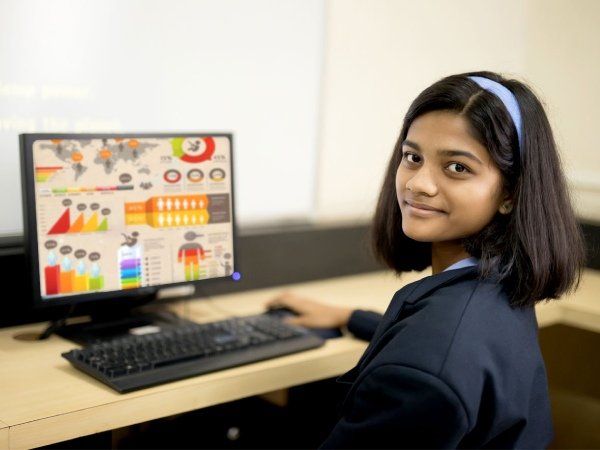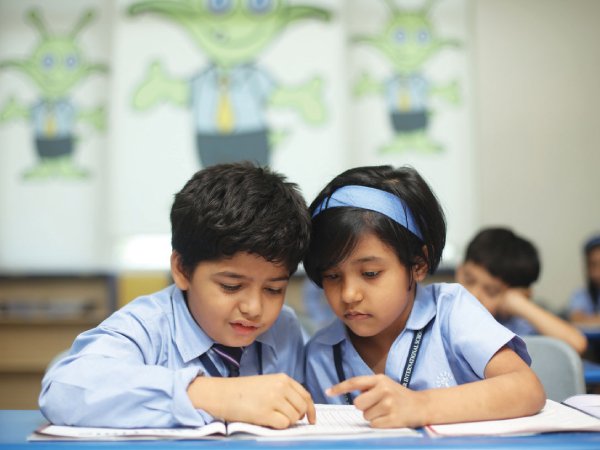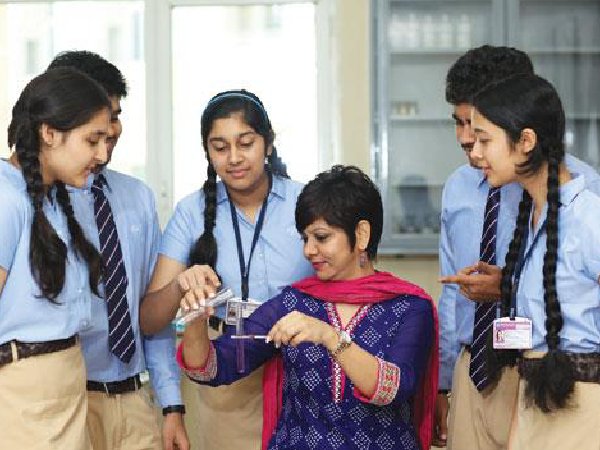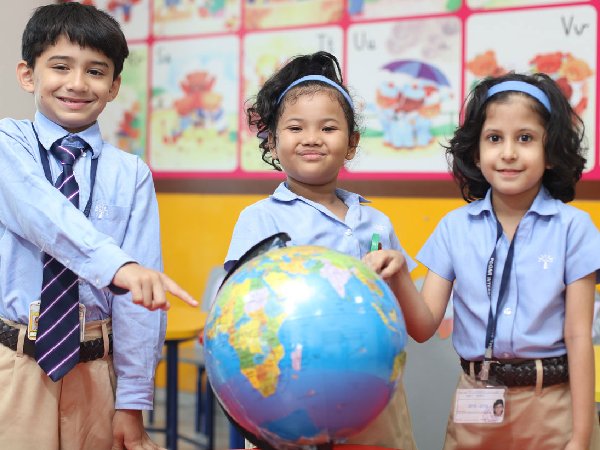The right approach to practical learning

THE RIGHT APPROACH
Our vision has led us to adopt a pervasive and learner-centric teaching methodology that focuses on an Explore – Experience – Implement model of learning that is practiced at all levels of the organisation.
Identify: What is the task?
Organise: What do I know about this?
Imagine: What more can I know about this?
Absorb: How can I appreciate this better?
Question: Why does this exist?
Analyse: How can I view this from discard perspective?
Reflect: I What does this mean for me and my surroundings?
Generate Ideas: How many ideas can I think of?
Decide: Which is the best idea?
Execute: Let’s do it!
Evaluate: How well did I do?
Learn: What I have learned from this experience?
EXPLORE
The first step in the learning process begins with exploration. During this stage, young children's brains are rapidly developing and connecting neurons, requiring stimulation from all five senses. Hands-on experiences are the foundation of this stage and help to cultivate critical thinking and logical skills. The exploration of ideas, thoughts, and projects is crucial in this stage. To fully engage in a learning project, it is important for children to fully immerse themselves in the concept and explore it from all angles. Our model facilitates this type of exploration and supports children's learning.


EXPERIENCE
The second stage of learning is shaped by experience. Following the exploration of the senses, children connect their experiences with previous knowledge to form their thoughts and shape their ideas. This leads to a deeper understanding of the world around them. Advanced skills such as analysis, optimization, and restructuring are developed in this stage. Our approach incorporates the theories of John Dewey's "Project Based Learning" and Jean Piaget's "Cognitive Learning Theory" to ensure that children not only gain knowledge, but also a deeper understanding of what they are learning.
IMPLEMENT
The third stage of learning, "Implementation," is the ultimate goal of education. Knowledge is not complete until it is applied and used to bring about change, both for the individual and society. During this stage, students are encouraged to put their ideas into practice and make a difference in their own thinking and behavior. Implementation also helps students understand what works and what doesn't work, allowing them to refine their ideas and make necessary adjustments. At this stage, students are encouraged to be independent and have opportunities for success that help build their self-worth and self-esteem.
